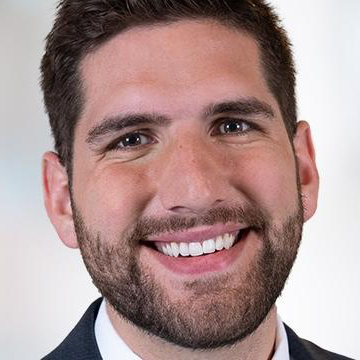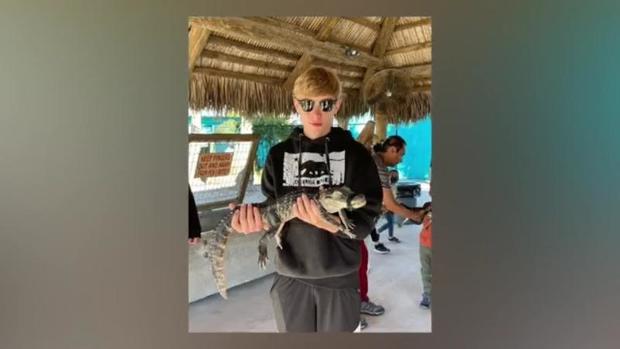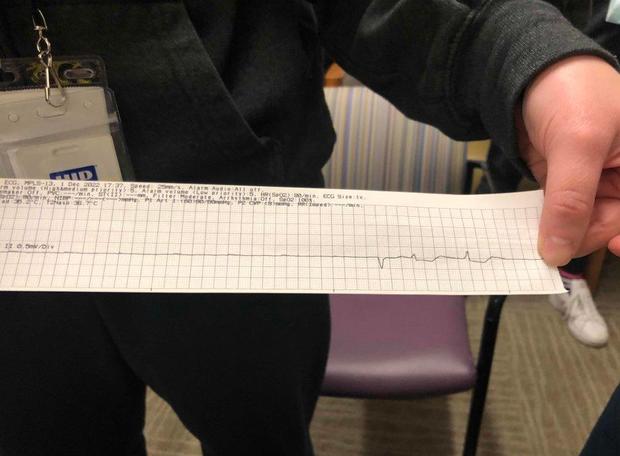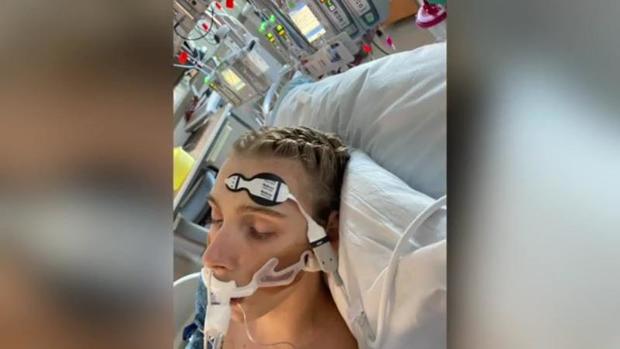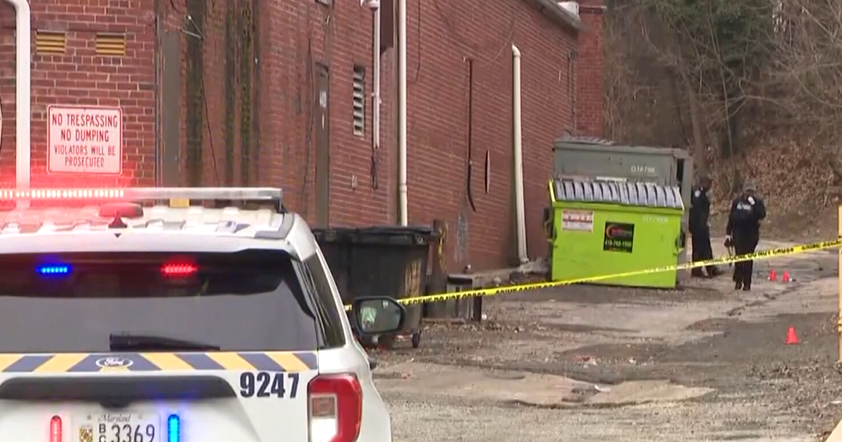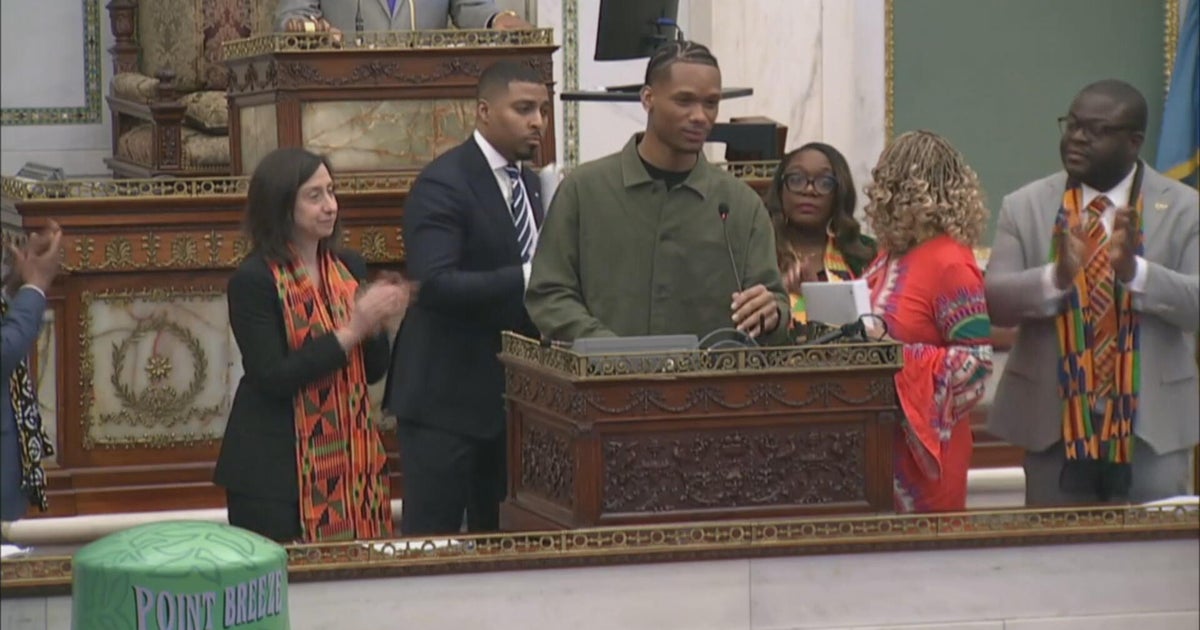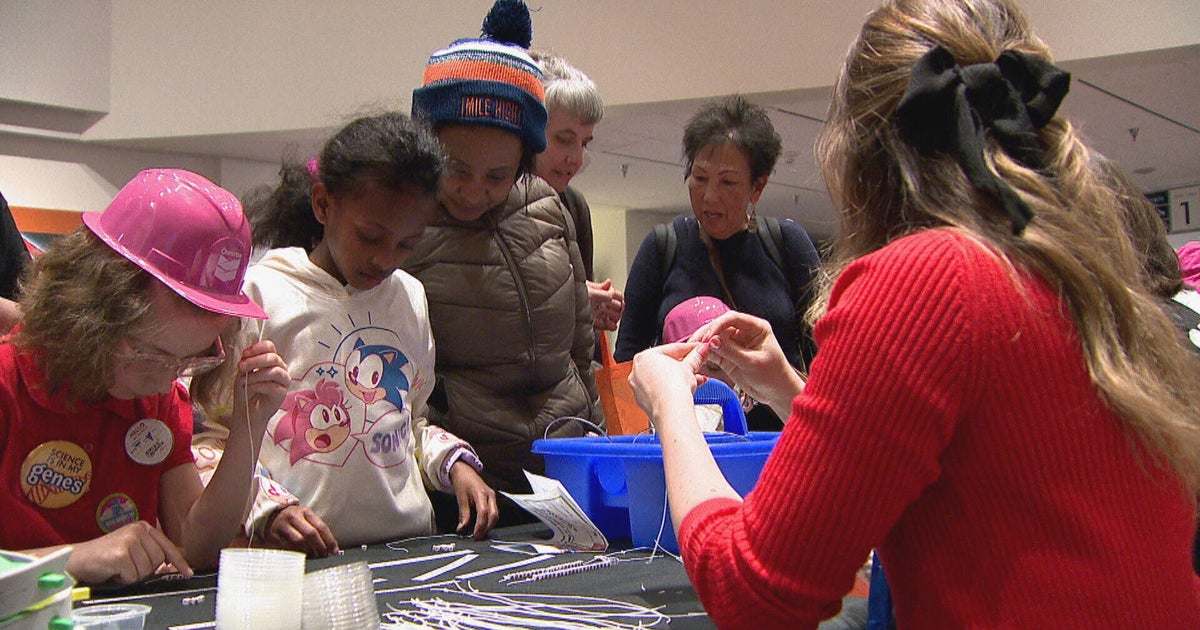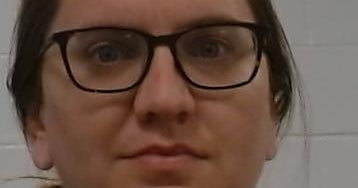Teen gets second chance at life after heart transplant at Children's Minnesota
MINNEAPOLIS -- A Fargo teen is recovering at Children's Minnesota in Minneapolis after doctors successfully gave him a new heart.
Sixteen-year-old Reese Scufsa is a high school sophomore, and by all accounts, a healthy and active teen. His mom Denise says because of this, there was no reason to believe a cough he picked up following a game of basketball weeks ago should be cause for concern.
When the cough turned into vomiting, Scufsa took her son to a local clinic. A provider planned to send them on their way with anti-nausea medication, she said, before opting to take her son's bloodwork.
"[That's when] he started going rapidly downhill," Scufsa said.
Doctors then did a CT scan and discovered her son had an enlarged heart – with a clot.
"At that moment in Sanford, he looked at me and said, 'I don't want to die,'" she said. "When they told him he'd have to come (on a life flight to Children's Minnesota]. Coming down here was the best thing we could have done."
Scufsa said within days, her son was on life support. Doctors hoped intubation and placing Reese on an extracorporeal membrane oxygenation system, or ECMO machine, would help his heart recover. But their eventual diagnosis of a dilated cardiomyopathy meant for Reese to survive, he'd need a new heart.
"When you think of a dilated cardiomyopathy, you think of someone who has a big heart, that's not squeezing normally," said Dr. Adam Putschogel. "We're really hopeful that it's something that could potentially be reversible, and that if we support him with medications, we can take some of the stress off of the heart and have it do some of its own recovery."
Scufsa was put at the top of a heart transplant list the day after Thanksgiving.
"It's very hard mentally to realize though, that in order for him to live, someone else has to die," Denise Scufsa said. "And [that person's] family has to be willing to donate their organs - that's hard to grasp too. I'm forever grateful to whoever that person was, because now, [Reese] has the chance."
On Thursday, Reese entered a seven-hour surgery. A full heart transplant for someone his age is something that only happens a few hundred times each year. Children's Minnesota is considered the leader in the region, doing about 10 each year.
"You're kind of focused on what you're doing. You kind of accomplish one step, then you go to the next, and it all comes together," said Dr. Robroy MacIver, who performed Reese's surgery.
MacIver says once the heart is removed from the donor, it has a four-hour window to get to its recipient.
For roughly 20 minutes, Reese's heart was out of his body and the new one had yet to go in.
Finally, his new heartbeat was inside his body for the first time.
"I think like any job, you're just happy that it's working. I guess relief," Dr. MacIver said.
"It's almost like that weight drops off, where it's like, 'Oh my God,'" Denise Scufsa said.
By Friday, Reese was once again awake and communicating with his family and doctors – something his older brother Brady says has come as a relief to him.
"He's always talking to everybody. That's what he does, is he talks," Brady Scufsa said. "The number one thing I was waiting for was him to be able to talk to us."
Doctors say their next steps for Reese are focusing on Immunosuppression – to make sure his body doesn't reject the new heart as foreign. With any luck, he'll be home in time for the holidays.
Both doctors say a condition like Reese's is incredibly rare and doesn't often present itself. It's genetic and can impact even the healthiest of teens. They applaud Reese's primary care physician for taking the extra steps to identify an issue.
"He got a new lease on life starting yesterday," said Denise Scufsa. "Now we're going to learn how to live that the best he can."
